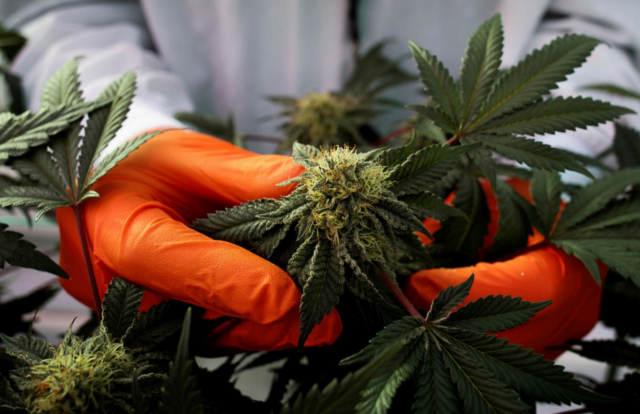
The legalization of cannabis for both medicinal and recreational purposes has resulted in an explosion of growth in the industry worldwide.
With an increase in demand for cannabis products, there is a growing interest in exporting it to other countries. However, navigating international laws can be tricky, and it is essential to understand the laws and regulations before exporting.
In this beginner’s guide to transporting cannabis, we will discuss the laws surrounding cannabis exportation and what you need to know before you start exporting.
Understanding International Cannabis Laws
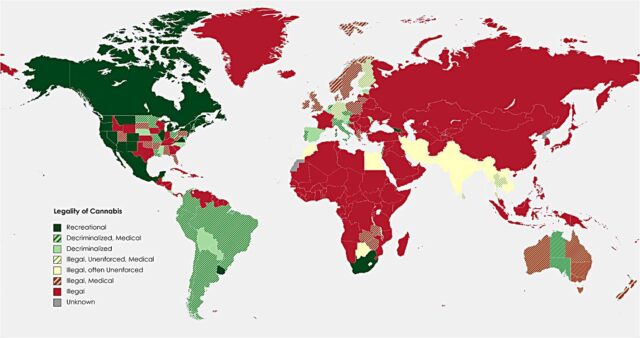
The legal status of cannabis varies widely from country to country. Some countries have legalized hemp for medicinal and recreational use, while others have only legalized cannabis for medicinal purposes.
Some countries have strict laws against it, and possession or distribution of the drug can result in severe penalties.
It is crucial to understand the laws surrounding cannabis in the country you are exporting to.
This includes not only the legality but also the regulations surrounding the importation of the product. Before exporting, it is essential to research the laws and regulations in the country you are transporting to and to comply with all requirements.
Compliance with Local Laws and Regulations
Compliance with local laws and regulations is crucial when exporting these products to ensure legal and successful business operations.
It includes obtaining the necessary licenses and permits, ensuring product quality and safety standards, and following all labeling and packaging requirements.

Failure to comply with local laws and regulations can result in severe legal consequences, including fines and imprisonment. Researching the laws and regulations in the country of importation is essential to ensure compliance and avoid any legal issues.
By complying with local laws and regulations, hemp exporters can establish a strong reputation and build long-term relationships with importers in different countries.
Exporting from a Legal Country
If you are exporting from a country where cannabis is legal, you must comply with all local laws and regulations.
This includes obtaining the necessary licenses and permits, ensuring that your product meets all quality and safety standards and follows all labeling and packaging requirements.
You should also research the laws and regulations of the country you are transporting to. You may need to obtain additional licenses or permits, or there may be restrictions on the amount you can export.
If you are looking to export weed from Africa to a country where cannabis is legal, it is essential to comply with all local laws and regulations.
This includes obtaining the necessary licenses and permits, ensuring that your product meets all quality and safety standards, and following all labeling and packaging requirements.
Additionally, you should research the laws and regulations of the African country you are shipping to.
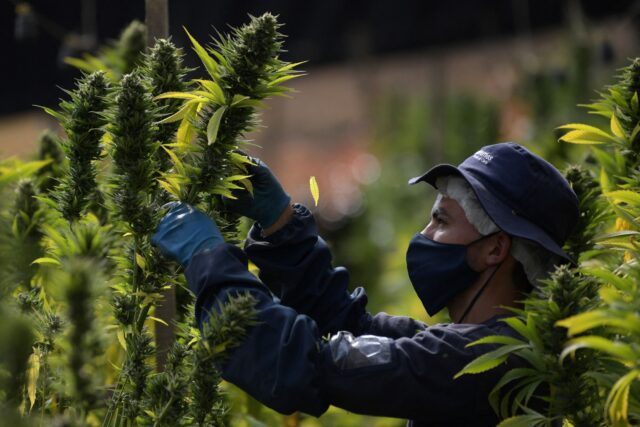
Exporting from An Illegal Country
Exporting cannabis from a country where it is illegal is not only illegal but also dangerous. It can result in severe legal consequences, including fines and imprisonment.
Even if hemp is legal in the country you are exporting to, it is illegal to export cannabis from a country where it is not legal.
This means that you cannot legally export hemp from a country where it is illegal, even if you are shipping it to a country where it is legal.
Prohibition of Exporting from Illegal Countries
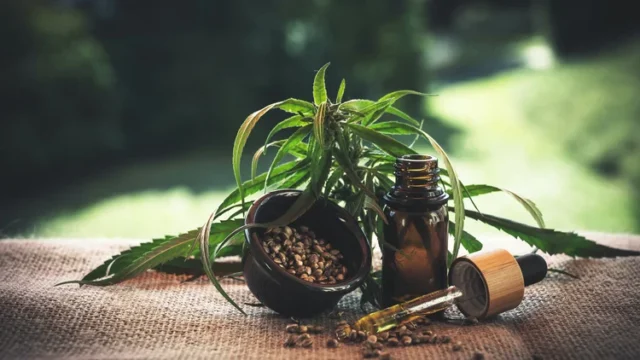
Exporting cannabis products from countries where it is illegal is strictly prohibited. This is because it violates both the domestic and international laws surrounding cannabis.
Exporting hemp from illegal countries can lead to legal consequences, including fines and imprisonment, and it can harm the reputation.
Furthermore, it can lead to adverse consequences for the importers in countries where gage is legal, such as having their products confiscated or facing legal issues.
It is essential to comply with all domestic and international laws and regulations surrounding hemp to ensure its success and legality.
Exporting Hemp Products
Hemp products, including CBD oil, are legal in many countries, including the United States. However, regulations surrounding the export of hemp products can vary widely from country to country.
Before exporting hemp products, it is essential to research the laws and regulations in the country you are shipping to. Some countries may require you to obtain a license or permit, and there may be restrictions on the amount of THC allowed in the product.
It is also essential to ensure that your product meets all quality and safety standards and complies with all labeling and packaging requirements.
Quality and safety standards

Quality and safety standards are critical when shipping cannabis products. These standards ensure that the products meet the required specifications and do not pose a threat to public health and safety.
For example, the products must not contain harmful contaminants or have exceeded the acceptable levels of THC or CBD. Compliance with quality and safety standards is often a prerequisite for obtaining licenses and permits to export hemp products.
It is crucial to follow these standards to maintain a good reputation and protect consumers’ health and safety.
Failure to meet these standards can result in legal consequences and negatively impact the reputation and business operations of the exporter.
Working with a Customs Broker
Working with a customs broker can help you navigate the laws and regulations surrounding the export.
A customs broker can help you obtain the necessary licenses and permits, ensure that your product meets all quality and safety standards, and help you comply with all labeling and packaging requirements.
A customs broker can also help you navigate the importation process, including ensuring that your product clears customs and is delivered to your intended recipient.
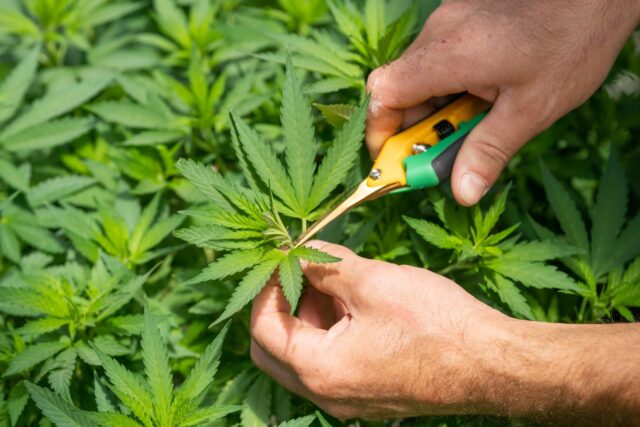
Conclusion
Exporting cannabis can be a lucrative business, but it is essential to understand the laws and regulations before you start transporting.
The legal status varies widely from country to country, and it is crucial to comply with all local laws and regulations.
Before exporting, it is essential to research the laws and regulations in the country you are shipping to and to comply with all requirements.
Working with a customs broker can also help you navigate the exportation process and ensure that your product clears customs and is delivered to your intended recipient.
By understanding the laws and regulations surrounding exportation, you can ensure that your business operates legally and successfully.












